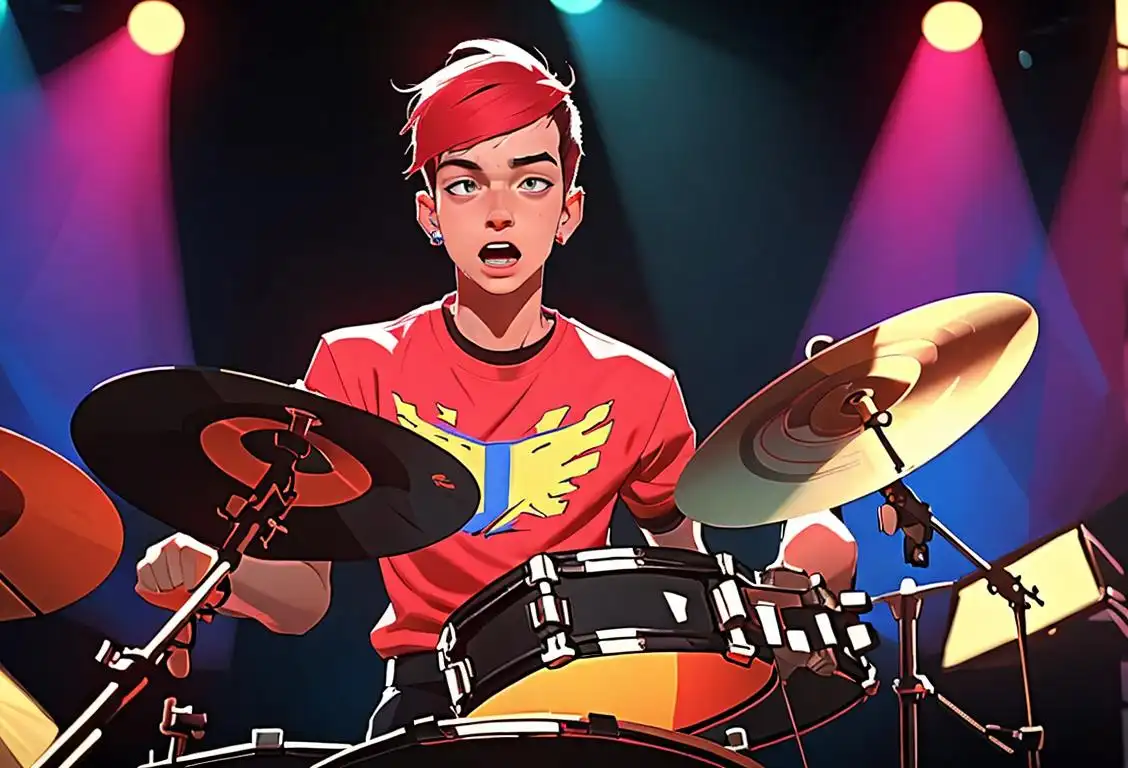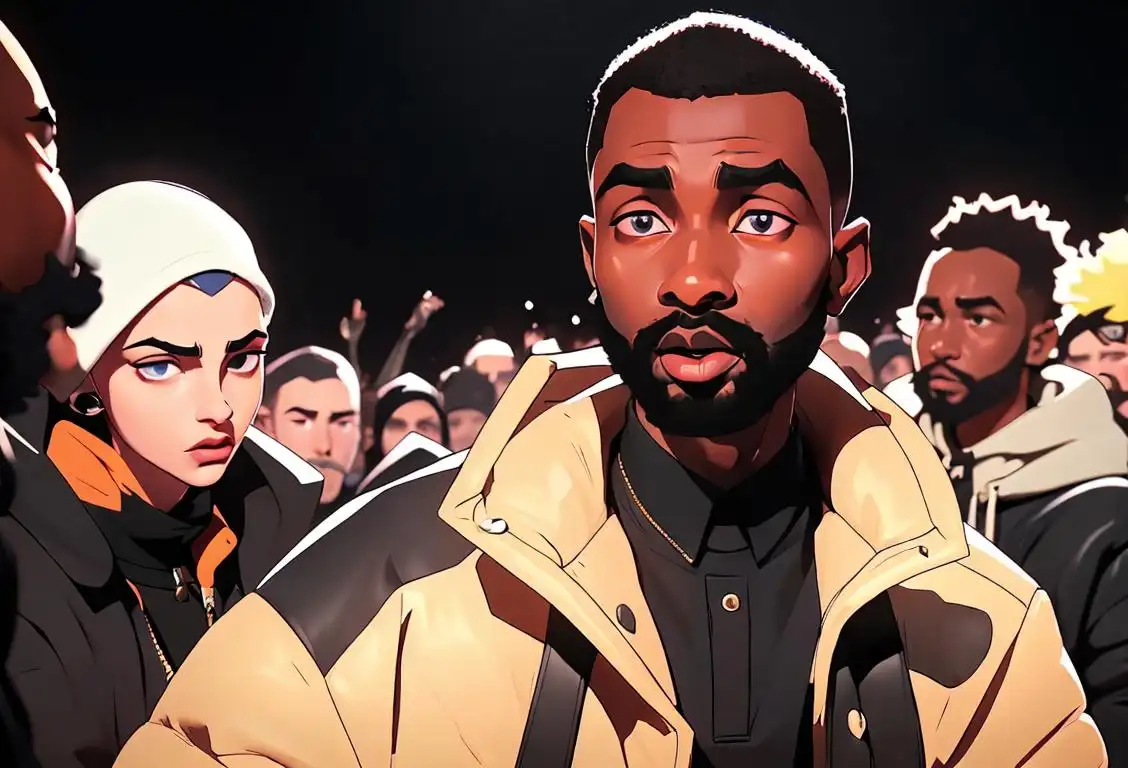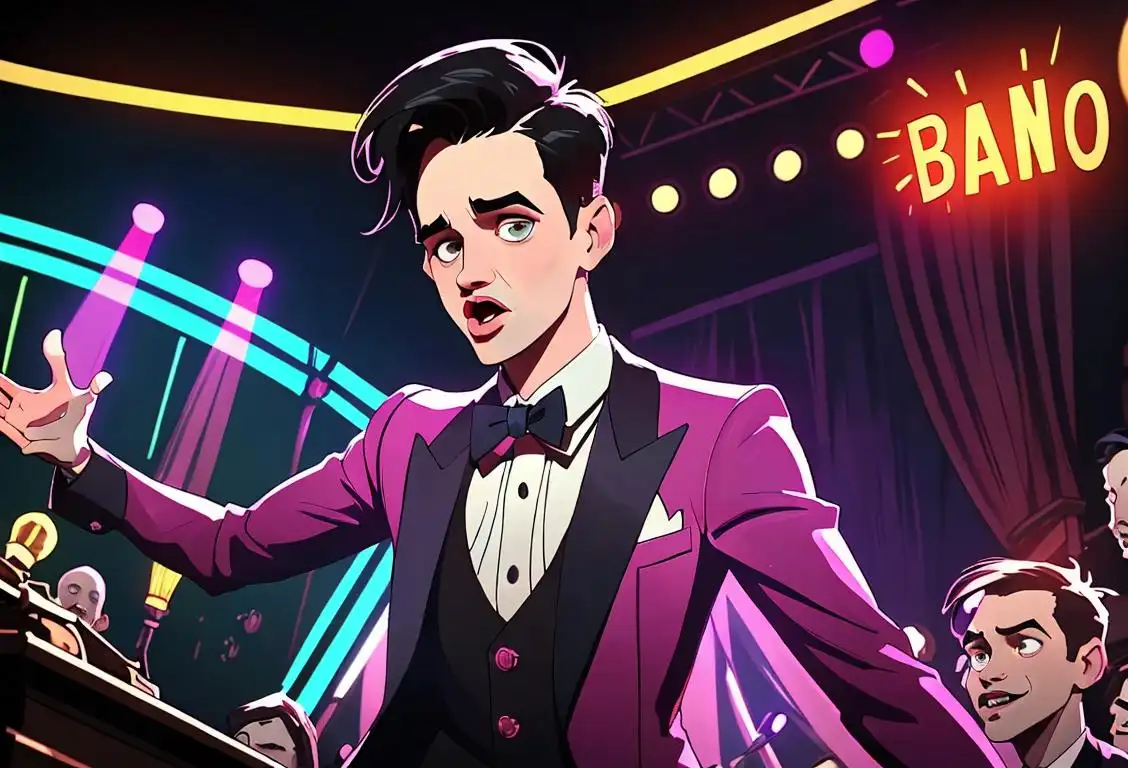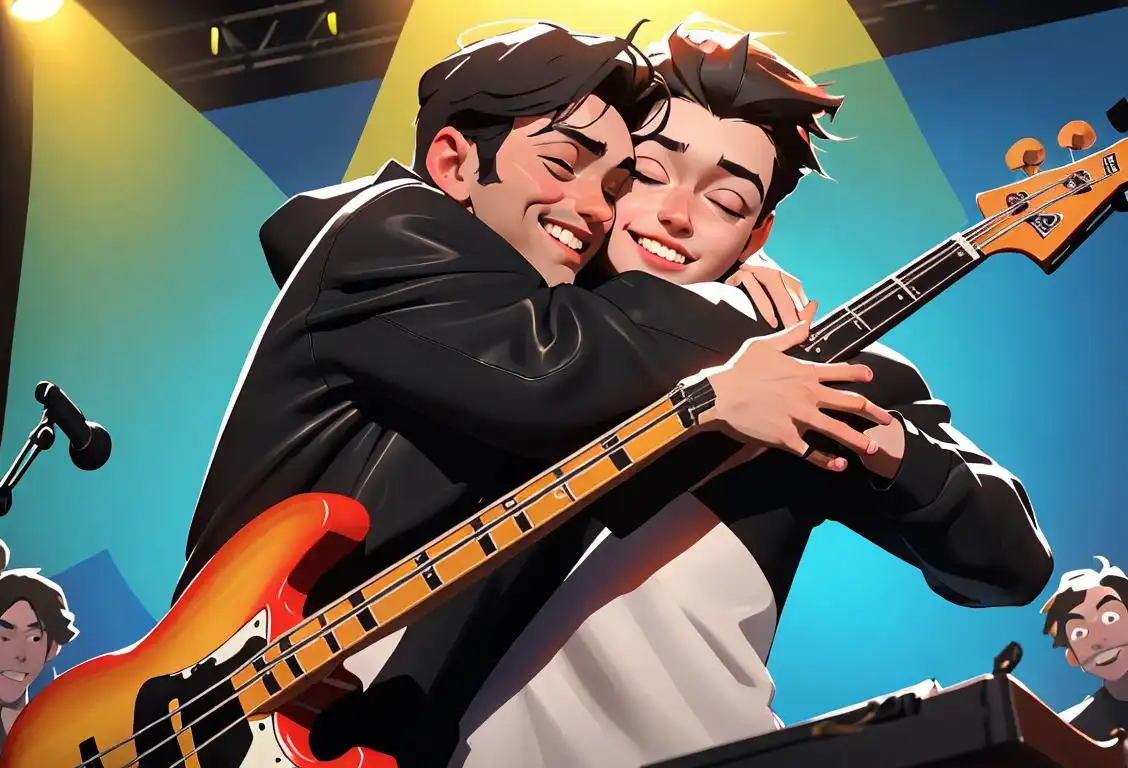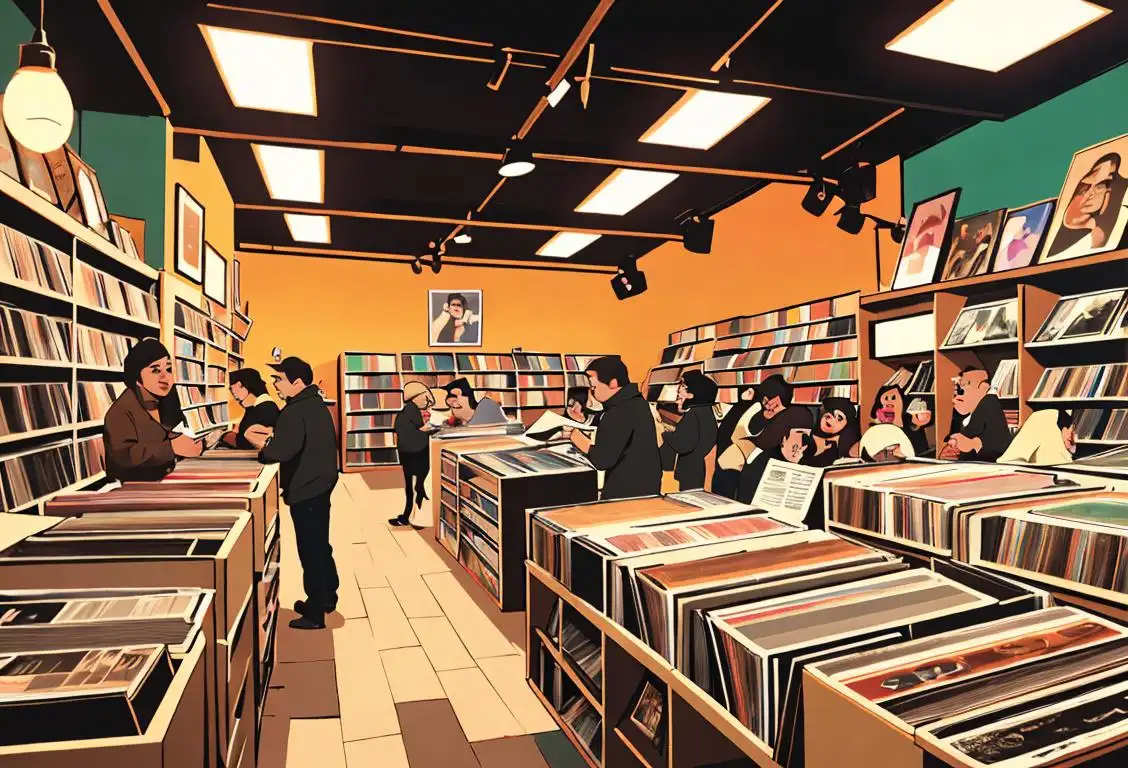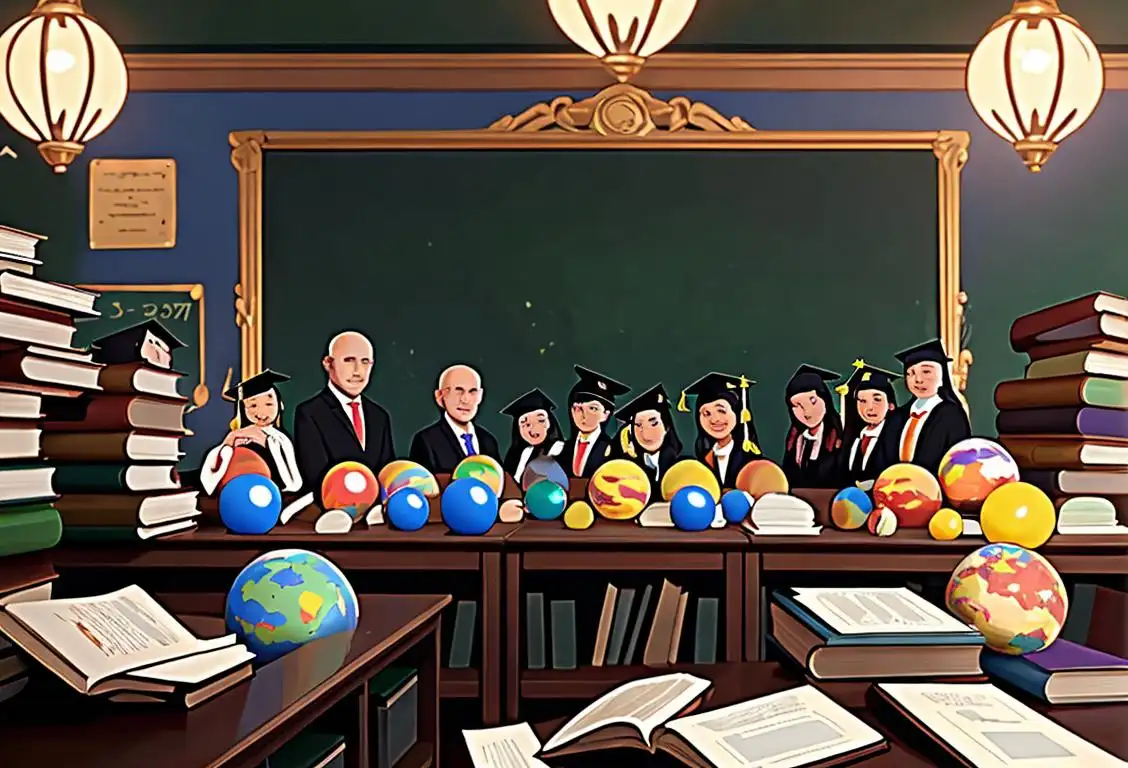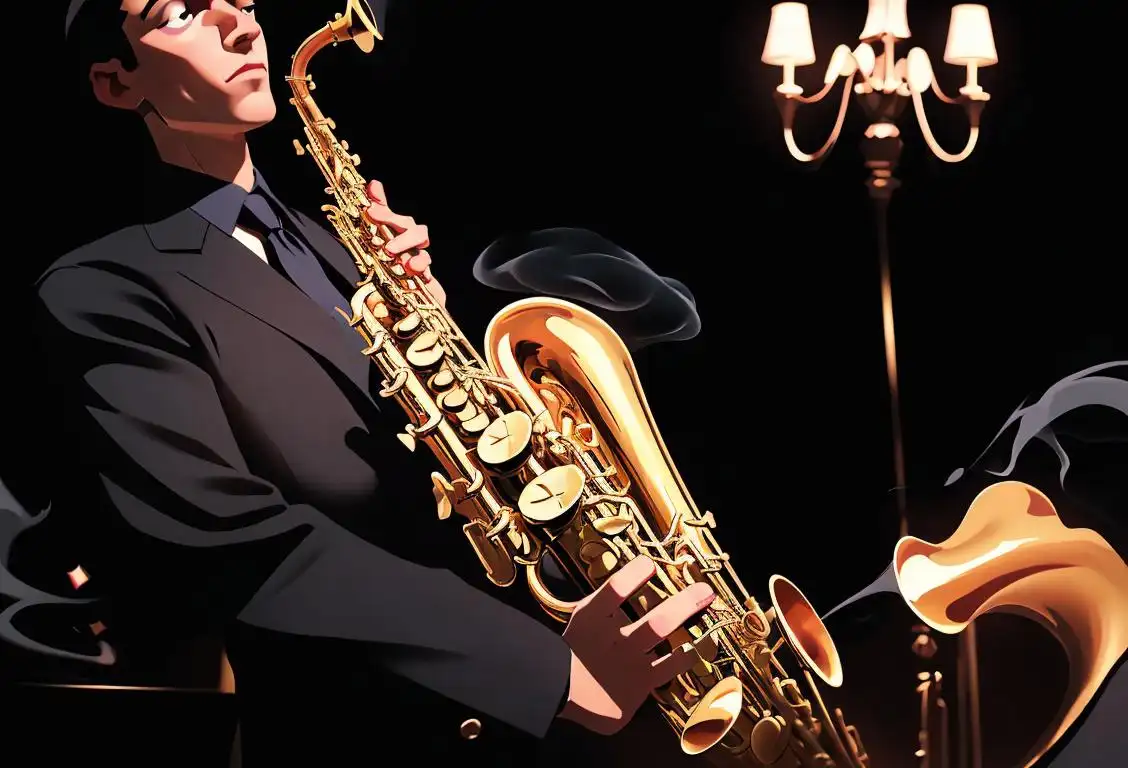National Show Band Appreciation Day
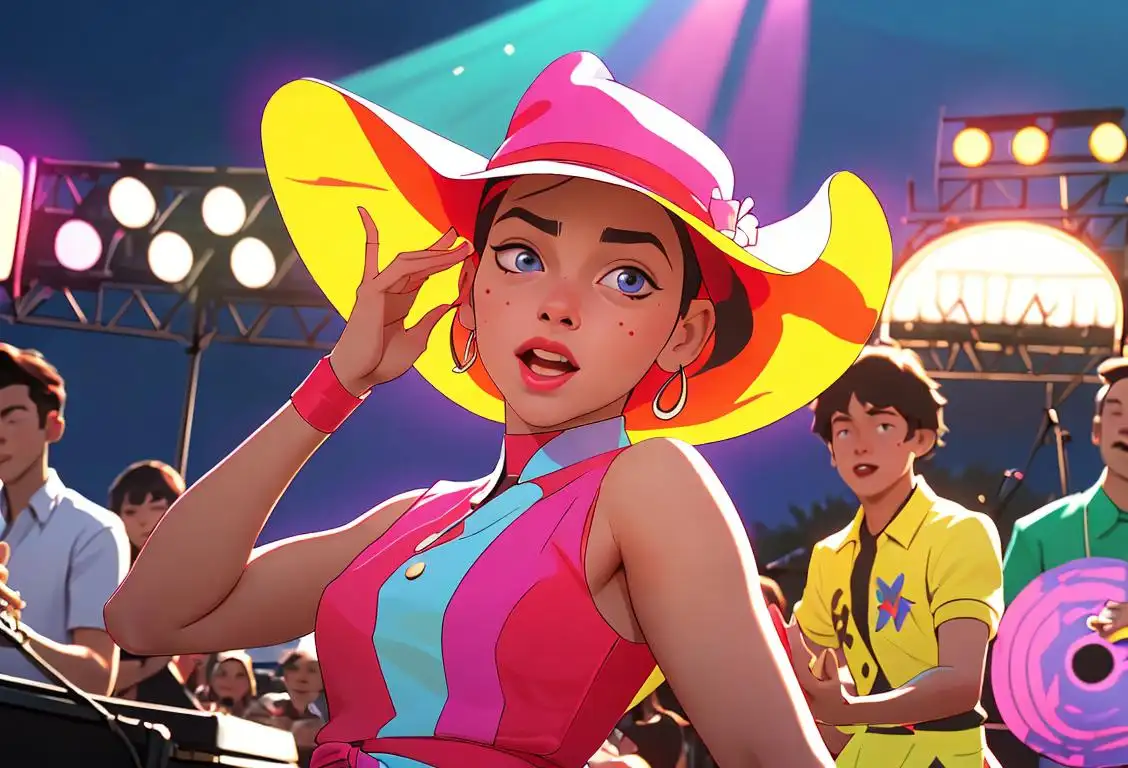
Hey there! Are you ready to show some serious love for show bands? Well, get ready to groove and let's dive into the wonderful world of National Show Band Appreciation Day!
When is Show Band Appreciation Day?
It's national show band appreciation day on the 22nd February.
The Origins
On this special day, we commemorate the talent, energy, and pizzazz of show bands around the nation. But where did this marvelous day come from? As we scoured the interwebs, we discovered that National Show Band Appreciation Day was first mentioned on February 22, 2016. It seems like people were itching to celebrate these entertaining ensembles with some well-deserved recognition.
What Are Show Bands?
Show bands, my friend, are the crème de la crème of musical groups. Picture this: a heavenly fusion of tight instrumental arrangements, dazzling choreography, and a whole lot of showmanship. Show bands electrify audiences with powerful brass sections, swinging rhythm sections, and soulful singers. They're like a symphony and a Broadway show collided on a glitter-filled stage!
Why Appreciate Show Bands?
Show bands bring us joy, plain and simple. Whether you encounter them at parades, halftime shows, or themed concerts, their infectious energy and captivating performances leave us spellbound. Plus, they make us want to bust out some sweet dance moves in the middle of the street! Without show bands, our lives would be a little less groovy, and less dancing is simply tragic.
Celebrating in Style
So, how can we properly celebrate National Show Band Appreciation Day, you ask? Well, you can start by attending a show band performance near you! Seek out parades, music festivals, or local events that feature these incredible musicians. Don your most sequined outfit, put on your dancing shoes, and prepare to be dazzled.
If you happen to know any show band members, today is the perfect time to shower them with appreciation. Send them a heartfelt message, give them a round of applause, or even bake them some musical-themed treats. Nothing says 'thank you' like a batch of cookies shaped like trumpets!
Did You Know?
Did you know that one of the most famous show bands in history is none other than Earth, Wind & Fire? With their funky beats and soulful tunes, they've enchanted audiences for decades. Get ready to dance your way through their unforgettable hits like 'September' and 'Boogie Wonderland'!
History behind the term 'Show Band Appreciation'
1930s
The Rise of Big Bands
During the 1930s, the era of big bands began to flourish in the United States. These big bands, made up of jazz and swing musicians, became a prominent part of the entertainment scene. They played lively and energetic music that captivated audiences everywhere.
1920
Birth of Show Bands
During the 1920s, show bands began to emerge in the United States. These bands were typically big bands that had a wide range of instruments and performed a variety of musical styles, including jazz, swing, and popular music. They were known for their energetic performances and extravagant stage shows, which often included singers, dancers, and elaborate costumes. Show bands quickly gained popularity, entertaining audiences at theaters, dance halls, and other venues.
1940s
The Emergence of Show Bands
In the 1940s, an evolution took place within the big band music scene. This period saw the emergence of show bands, which were big bands with a specific focus on entertainment and showmanship. Show bands not only played great music but also incorporated vibrant stage performances, theatrical elements, and sometimes even comedy into their shows.
1940
Golden Age of Show Bands
The 1940s marked the golden age of show bands. As the popularity of swing music rose, show bands gained even more prominence. They became a staple in dance halls, hotels, and nightclubs across the country. Show bands were renowned for their tight, well-rehearsed arrangements and captivating performances. Some of the most influential show bands during this era included The Dorsey Brothers Orchestra, Benny Goodman and His Orchestra, and Glenn Miller and His Orchestra.
1950s
Rise in Show Band Popularity
By the 1950s, show bands had gained significant popularity, not just in the United States but also around the world. Their entertaining performances and lively music attracted large audiences and made them a staple in various live entertainment venues, including theaters, clubs, and ballrooms.
1960
The Show Band Revival
In the 1960s, there was a revival of show bands. As rock and roll took over the music scene, show bands adapted and incorporated elements of this new genre into their performances. They added more electric instruments, played popular rock and roll hits, and even included choreographed dance routines. This revitalization brought show bands back into the spotlight, appealing to a new generation of music enthusiasts.
1980
The Show Band Renaissance
During the 1980s, there was a renaissance of show bands with a modern twist. Show bands became incredibly popular in college and university campuses, performing at football games, pep rallies, and other school events. These bands showcased not only their musical talents but also their showmanship, incorporating theatrics, comedy, and intricate marching formations. The energy and excitement generated by these show bands became a celebrated tradition, fostering a sense of school pride and community spirit.
1970s
Increased Appreciation for Show Bands
During the 1970s, there was a renewed appreciation for show bands. This resurgence was fueled by a sense of nostalgia for the big band era and a recognition of the unique blend of music and entertainment that show bands offered. Various events, festivals, and concerts dedicated to celebrating and honoring show bands started to emerge.
Present Day
Continued Celebration and Appreciation
Today, the tradition of show bands continues to be celebrated and appreciated. Show band appreciation events, national days, and music festivals are organized to honor the cultural impact and legacy of show bands. These events serve as a platform for musicians, enthusiasts, and fans to come together, enjoy performances, and showcase their appreciation for this remarkable form of entertainment.
Present
Continued Appreciation for Show Bands
Today, show bands continue to be appreciated and celebrated worldwide. They embody the spirit of entertainment, combining music, dance, and theatrical elements to create captivating and memorable performances. Show band appreciation events and festivals have been organized to honor the rich history and cultural significance of these bands. Whether it's a professional show band on a grand stage or a community show band performing in local events, the appreciation for their talent, creativity, and commitment to entertainment remains strong.
Did you know?
Did you know that one of the most famous show bands in history is none other than Earth, Wind & Fire? With their funky beats and soulful tunes, they've enchanted audiences for decades. Get ready to dance your way through their unforgettable hits like 'September' and 'Boogie Wonderland'!Tagged
fun appreciation musicFirst identified
22nd February 2016Most mentioned on
22nd February 2016Total mentions
78Other days
Show Band Appreciation Day
Joshua Dun Day
Hug A Drummer Day
Maria Day
Riky Rick Day
Brendon Urie Day
Hug A Bassist Day
Record Store Day
Teacher Day
Saxophone Day
